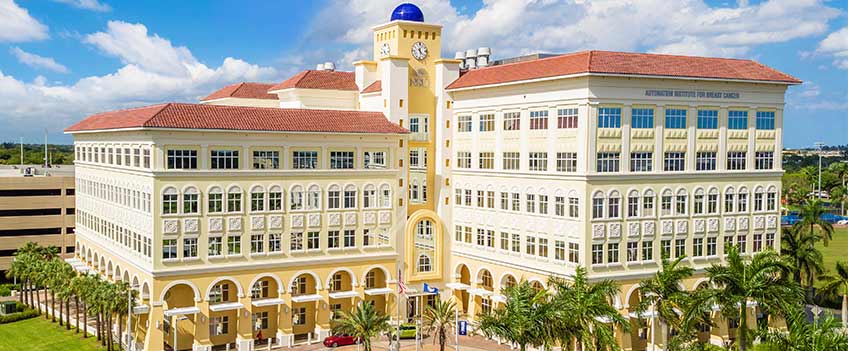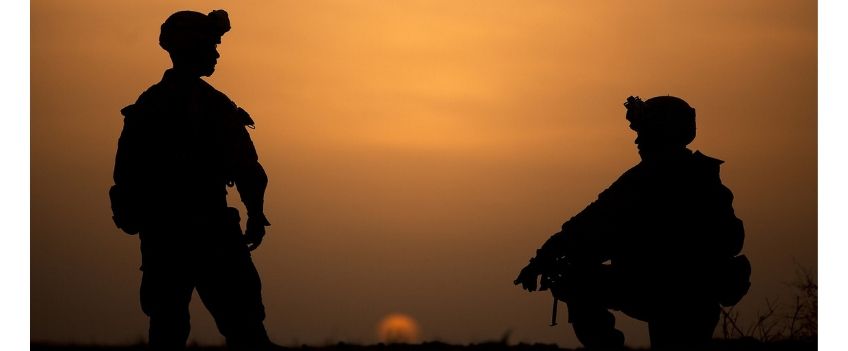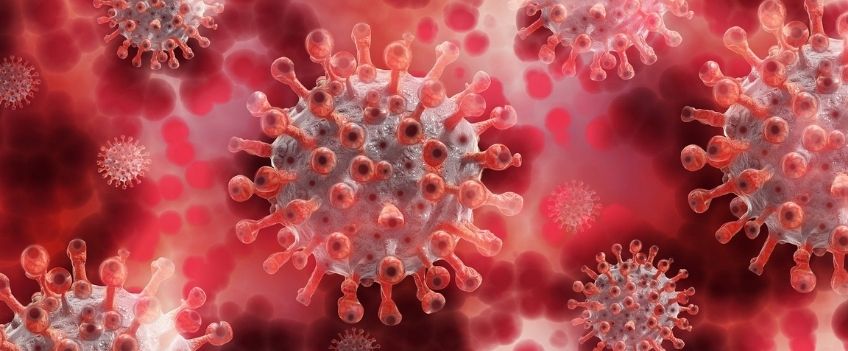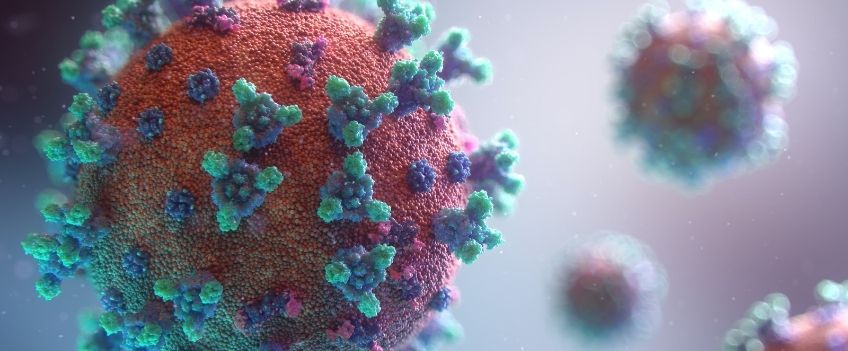
Clinical Research Studies
A cornerstone of the Institute for Neuro-Immune Medicine (INIM) is our collaborative approach, bringing together patient care, clinical research, laboratory science, and systems biology under one roof.
People participate in research for many reasons, often driven by a desire to contribute to scientific advancement and improve the lives of others. Whether living with an illness or serving as a healthy control, volunteers play an indispensable role in expanding our knowledge of health and disease.
Through their participation, individuals like you power groundbreaking discoveries that shape future generations' well-being. Clinical research simply cannot progress without the dedication of patient and healthy volunteers.
Gulf War Illness
Uncover the complexities of GWI and its potential causes. Learn how research is paving the way for potential treatments.
Long COVID
Facing lingering effects after COVID-19? Explore the science behind Long COVID and how INIM is working to find solutions.
ME/CFS
Discover how INIM is unraveling the mysteries of ME/CFS and working towards a brighter future for patients.Safety Measures
Ensuring participant and staff safety is our priority. We monitor operations closely, maintaining regular communication with enrolled participants. Recruitment for studies continues as we strive to advance knowledge and care for complex neuro-inflammatory illnesses.
Meet Our Team
Principal Investigators
Nancy Klimas, M.D.
Director, Institute for Neuro-Immune Medicine
Director, Environmental Medicine Research Miami, VAMC GRECC
Read bio.
Amanpreet Cheema, Ph.D., M.S.
Director, Office of Clinical Research
Read bio.
Study Nurses
Fanny Collado, M.S.N., APRN-FNP-BC, NE
Clinical Research Nurse Manager
Alejandro Montealegre, M.S.N., APRN, FNP-BC
Clinical Research Associate II
Melissa Faso, RN, M.P.H.
Research Assistant
Faculty
Irina Rozenfeld, DNP, M.S.H.S., M.B.A., APRN, ANP-BC
Assistant Professor, Nova Southeastern University
Director, Concierge Services
Read bio
Ana Palacio, M.D., M.P.H.
Professor of Clinical Medicine, University of Miami
Co-Director of the Long COVID Clinic, Miami VA.
Data Team
Sashah Damier, Ed.D., M.B.A., CRCP-I
REDCap Support Specialist
Maximiliano Barbosa, Ph.D.
Data Analyst/Data Manager
Administrative Staff
Devra E. Cohen, M.P.H.
Project Manager, IRB
Korrine Rodrigue, Ph.D. Candidate
Project Manager
Jimmy Arocho, B.S.M.
GWICTIC Research Assistant/Patient Advocate
Genesis Picon-Bautista, RMHCI, M.S., B.A.
Administrative Research Assistant
Jailene Jimenez, B.S.
Research Program Coordinator
Clinical Research Staff
Mayra Vidro, M.P.H., CCRC
Clinical Research Associate
Kamoly Dorneles, B.S.
Clinical Research Coordinator
Juanita Reyes, IMG
Clinical Research Coordinator II
Nicole Velasquez, BSPH
Study/Program Coordinator
Oleksandra Shchebet, M.D.
Clinical Research Coordinator II
Research Funding
We extend our sincere gratitude to our dedicated funders, including the Department of Defense (DoD), CDC, Miami VA, NIH, and private partners. Their invaluable support fuels our mission to unravel the complexities of neuro-inflammatory illnesses. Through their generous contributions, we are able to conduct critical clinical trials and develop innovative interventions that drive groundbreaking discoveries and improved patient outcomes.
Get in Touch
Ft. Lauderdale-Davie
Center for Collaborative Research, 4th Floor
7595 SW 33rd Street
Fort Lauderdale, FL 33314
Directions
Kendall
Kendall Village Center
Professional Arts Bldg., Suite 111
8501 SW 124th Avenue
Miami, FL 33183
Directions
Phone:
(954) 262-2850
Hours:
Monday - Friday
9:00 a.m. - 5:00 p.m.
Connect with INIM on Social
For more information on becoming a donor or joining our newsletter, please email mcarr1@nova.edu. If you have any research-related inquiries, please direct them to INIMResearch@nova.edu.